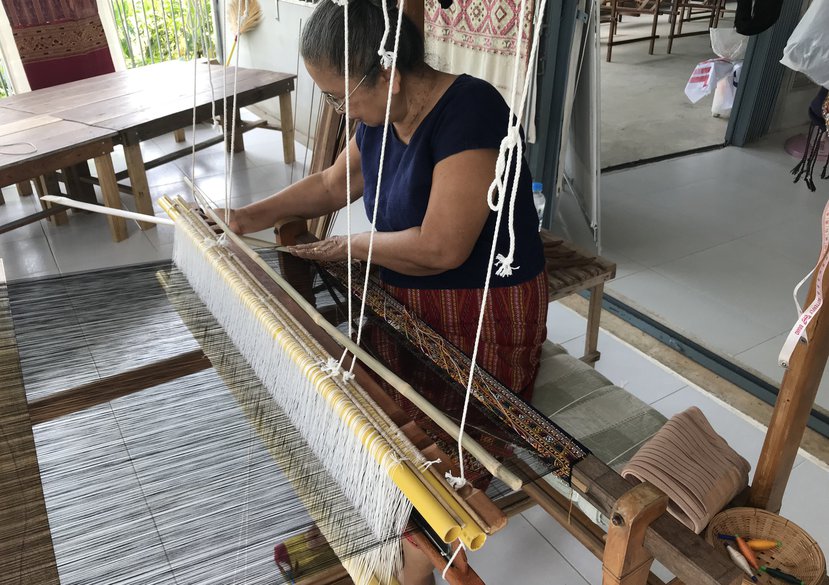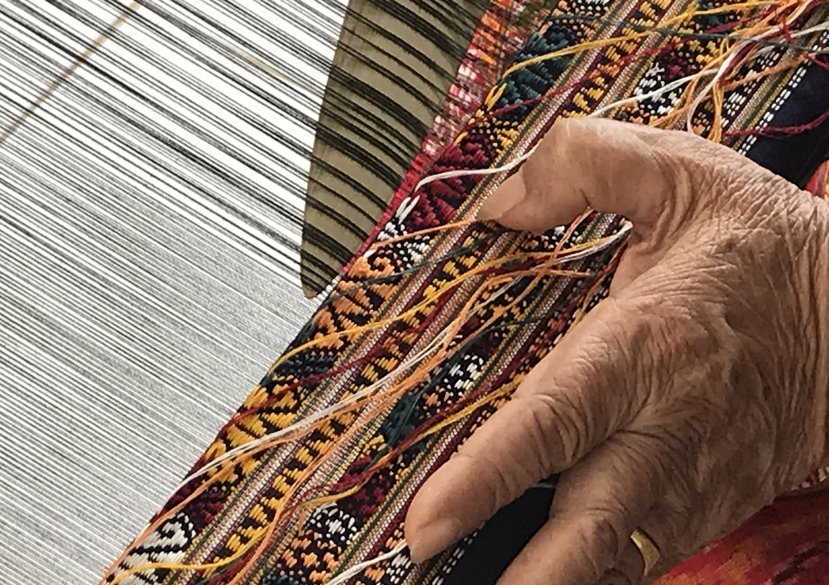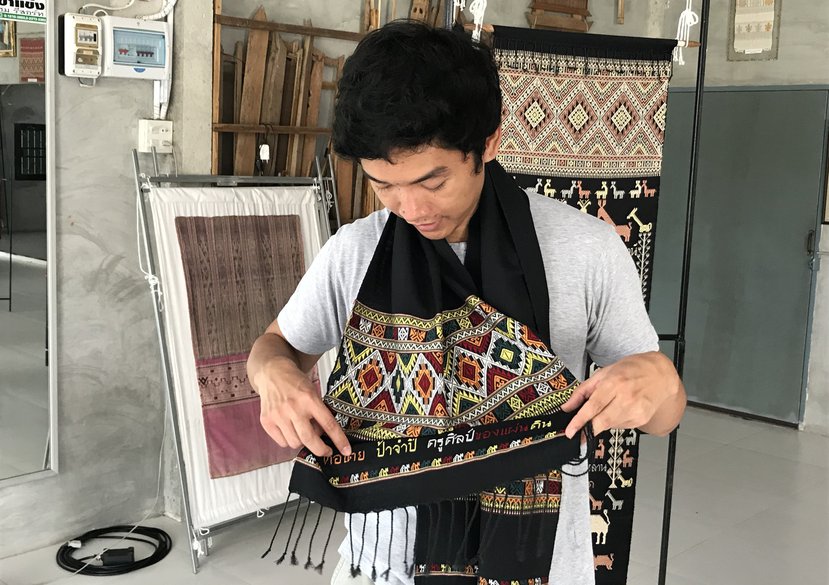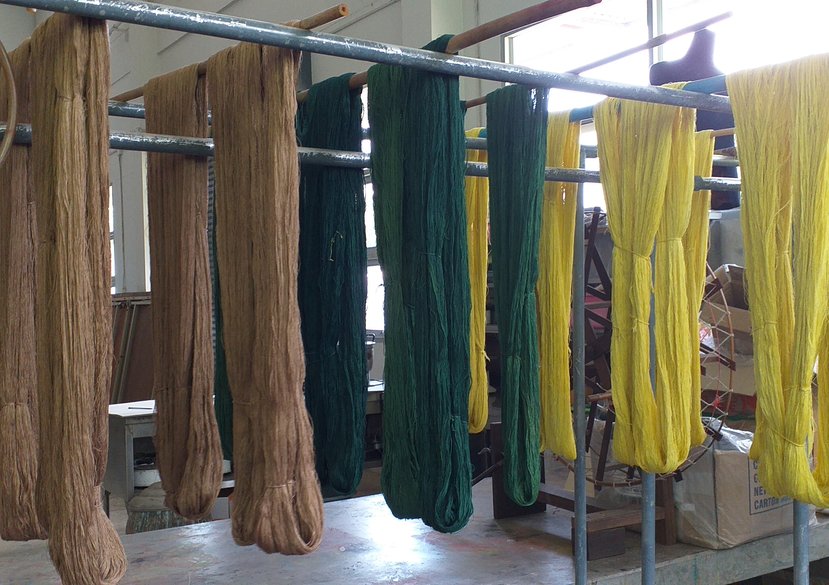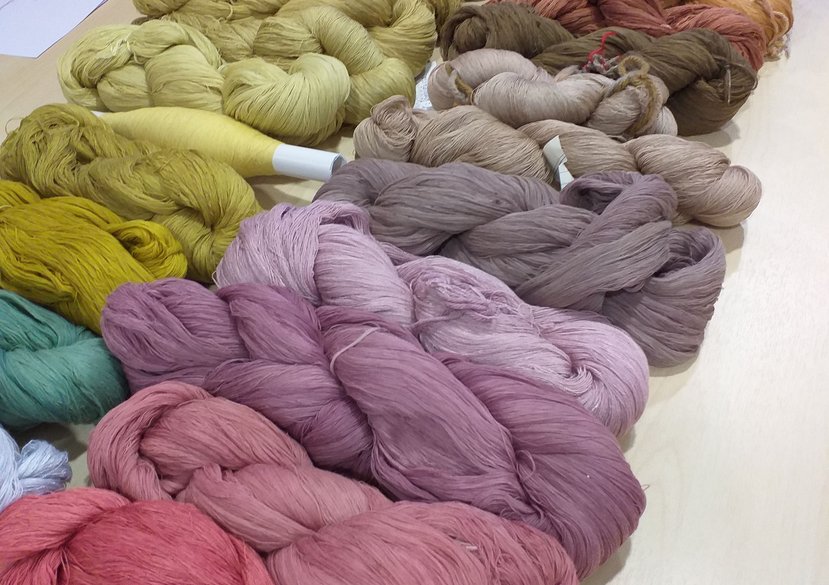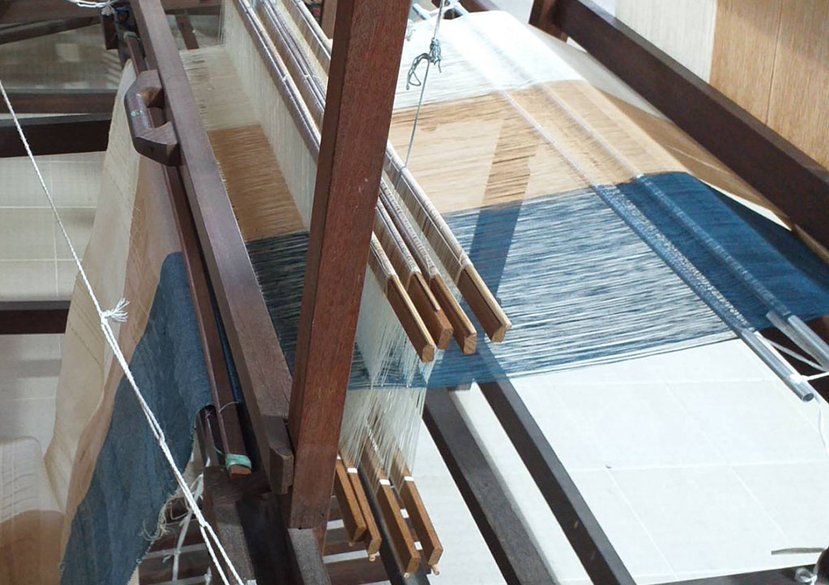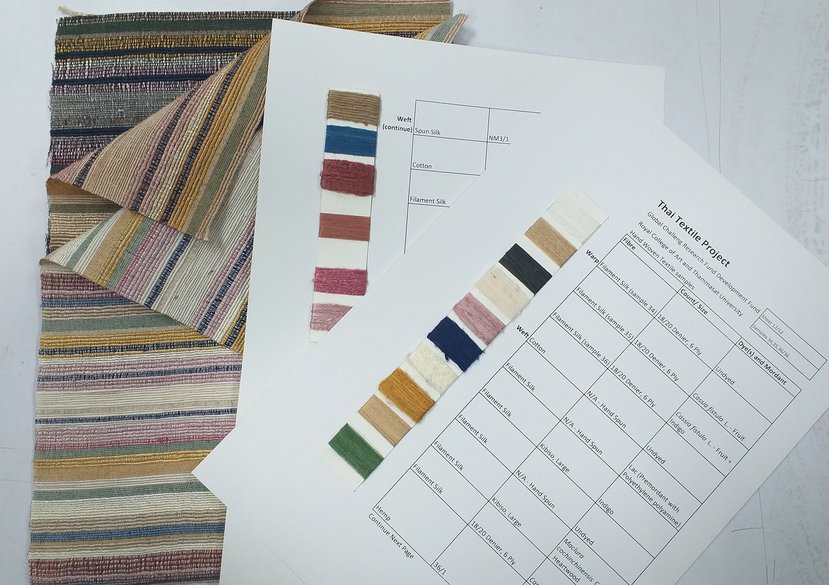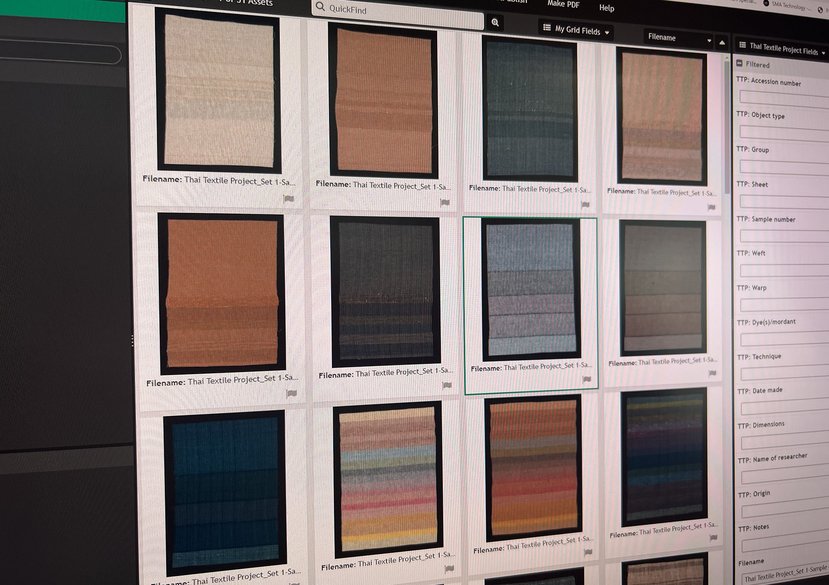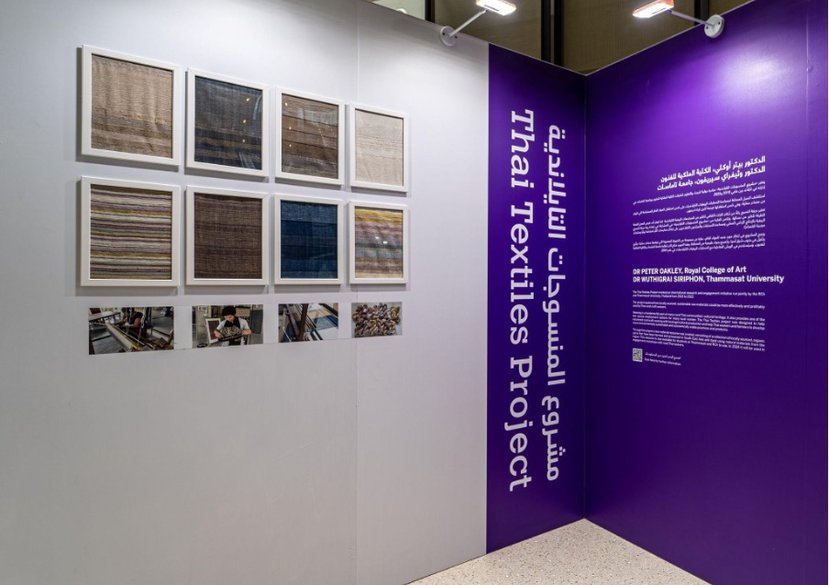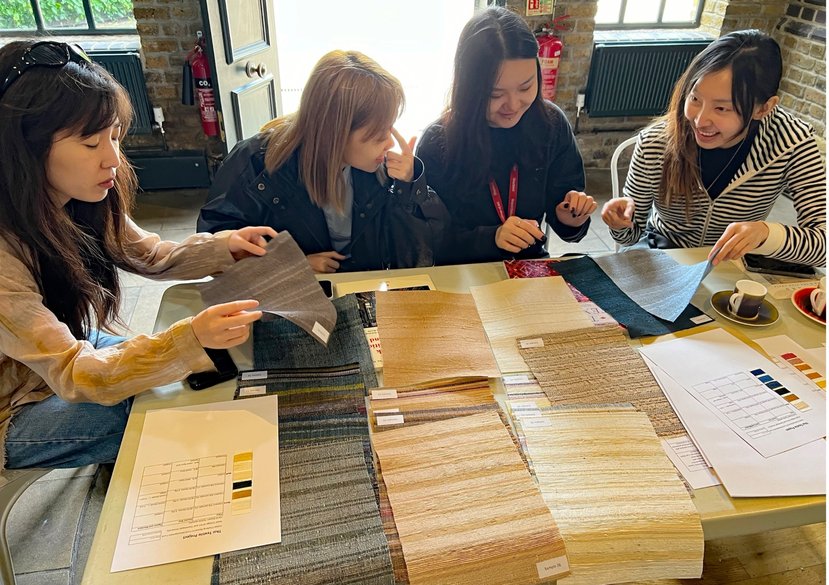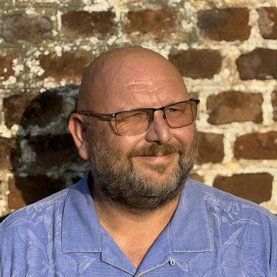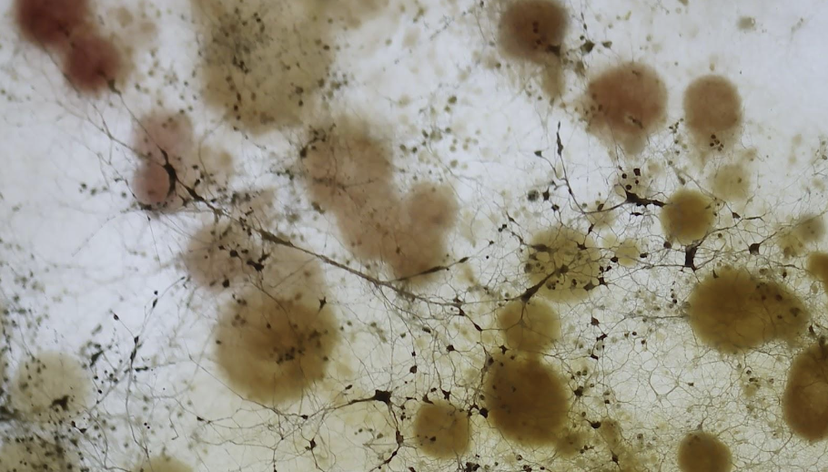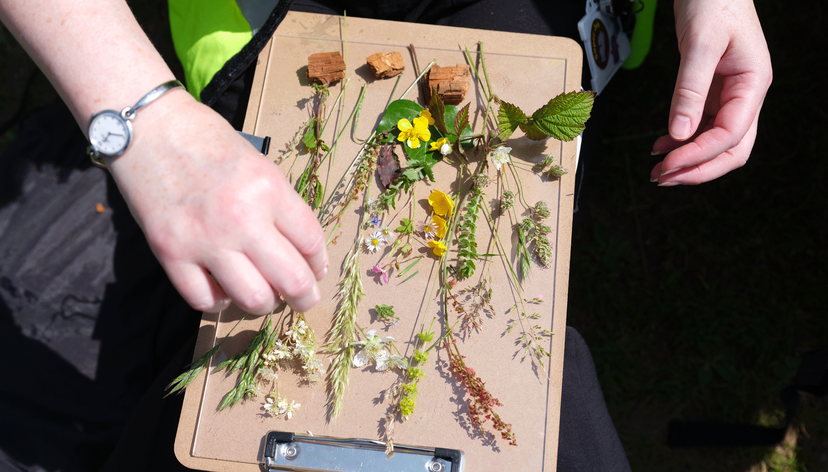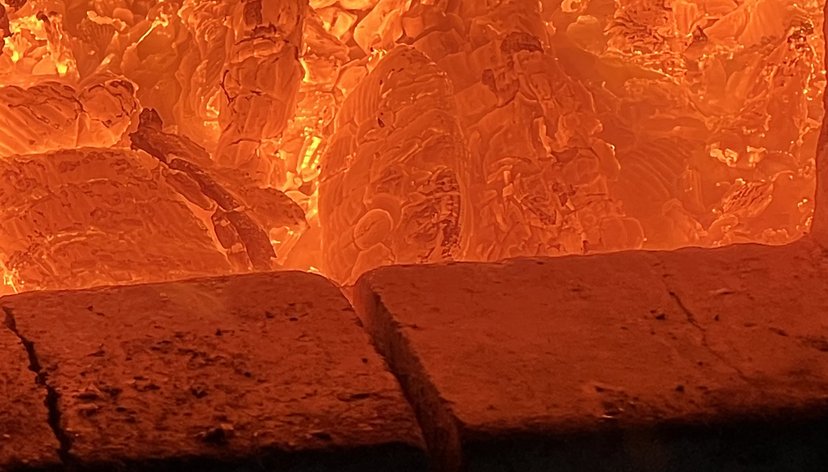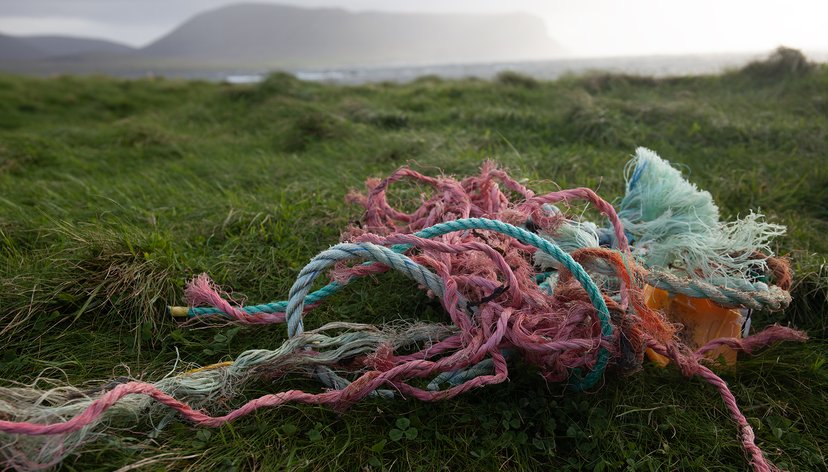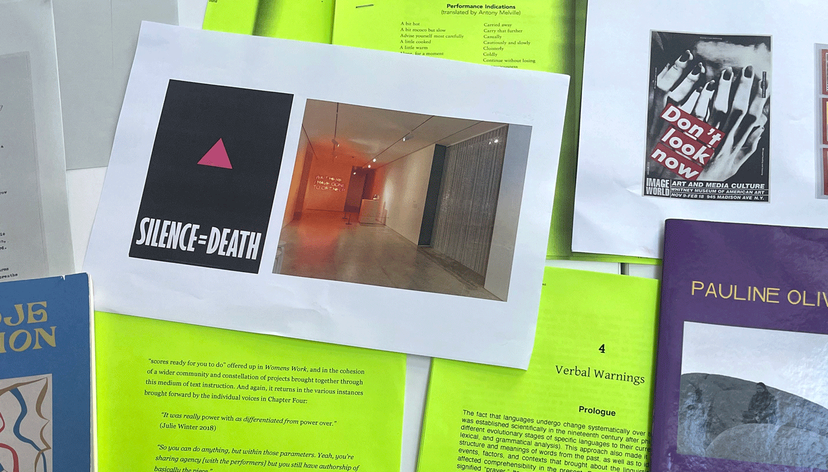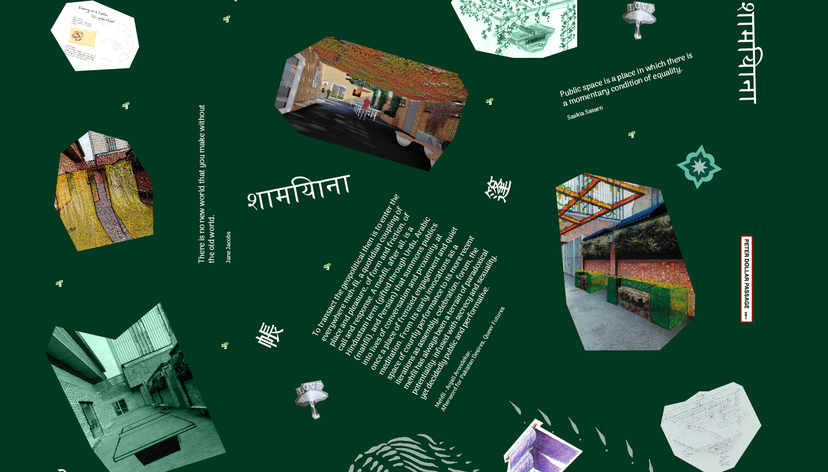
A collaborative research project demonstrating how locally sourced and sustainably produced raw materials could be utilised by Thai craft weavers.
At a glance
- The Thai Textiles Project was an international partnership between the RCA and Thammasat University, Thailand.
- Professor Oakley, the Principal Investigator, collaborated with Co-Investigator Dr Wuthigrai Siriphon, who has a PhD and an MA in Textiles from the RCA.
- From 2020 to 2022 staff at Thammasat created six identical sets of woven samples made from sustainably produced yarns and dyes sourced from SE Asia, dyed using natural materials.
- One of the sets was digitised by staff in the RCA’s Special Collections to create a high-resolution digital record of each textile sample.
- Selections of woven samples from the Thai Textiles Project collection have been exhibited internationally, including at Dubai Design Week 2023 and Bangkok Design Week 2025.
- The findings of the Thai Textiles Project have been used in a follow-on engagement project: Supporting Sustainable Craft Weaving.
Key details
Gallery
More information
Partners

Thammasat University
Thammasat University is Thailand's second oldest university. Inaugurated in 1934, it was originally named the “University of Ethics and Politics”, reflecting its primary mission to offer higher education in the disciplines of law and politics to the new citizenry and prepare Thai people for a new democratic system.
Thammasat University has since evolved into a prestigious international research university offering academic degrees at all levels and producing cutting edge research across a broad spectrum of academic disciplines.
More than 300,000 students have graduated since its founding and many have gone on to make great contributions to the development and progress of Thailand and the world. Notable university alumni include former Prime Ministers, leading politicians and government figures, Bank of Thailand governors, supreme court judges, and provincial governors, as well as experts in various fields.
Textile and Fashion Design Programme, Faculty of Fine and Applied Arts
The Programme offers theoretical, practical and professional training in two majors; textile and fashion design. Its textile course is one of only a few such dedicated programmes in the country. The textile design major provides specialist classes on a variety of techniques including weaving, printing, knitting, embroidery and related surface design processes.
It also offers classes on sustainable design, community and industrial projects, as well as management and business skills. The programme is equipped with purpose-built workshop space, specialist equipment and technical support. Graduates are working in governmental departments, studios or manufacturers in the commercial sector, or running their own brands.
Dr Wuthigrai Siriphon

Dr Wuthigrai (Fa) Siriphon is an award-winning weaver, designer and a researcher based in Thailand. His works explore ways to rethink and revitalise traditional crafts while balancing between the integrity of tradition and an exploratory approach to practice. His projects often combine traditional Thai craft techniques and materials with new design approaches. He is Head of Department of Textile and Fashion Design at Thammasat University.
The challenge
Thailand has a vibrant craft weaving sector, sustained in large part through local purchases of the textiles produced, though there are also aspirations to export these products.
However, most rural craft weavers in Thailand are currently dependent on the international market for their cotton, which are typically coloured using industrial dyes. These weavers do not have the time or resources to experiment with more sustainable materials.
Key issues relating to the longer-term sustainability of this rural industry include:
- Over-dependence on international markets for cotton supplies, at a time when climate change is impacting on the major centres of production.
- An increasing disjunction between rural craft weavers and key groups of purchasers, including young urban professionals in Thailand and wealthy consumers in overseas markets, around what constitutes authentic local craft practice and responsibly produced craft products.
- A lack of knowledge amongst rural craft weavers about how to source more sustainably and traditionally produced raw materials where these already exist, as well as a limited understanding of why these materials enhance the desirability of textiles to key consumer groups.
Our approach

The project’s activities were planned to initiate a practical programme of material testing and resource creation that could be utilised in future engagement activities with local communities and academic researchers.
In line with the spirit of the GCRF funding and the beliefs of the project team, it was felt necessary to ensure that in the longer-term, the project’s inputs and benefits should be equitable between the partners and respondents, including the rural craft weavers and their communities. Consequently, the follow-on work should not only respond to the conventions of the academic community, but also include engagement activities targeting non-academic audiences.
Activities

The initial exchange visits were planned to enable the researchers to contextualise current rural Thai weaving practice, consolidate professional relationships between staff at the RCA and Thammasat University, and familiarise the researchers with the resources and professional networks that each could draw on in the project.
This was followed by the practical production of the sample collection undertaken at Thammasat University using their dyeing facilities and loom workshops. The results were digitised at the RCA using the Special Collection’s advanced bed scanner. This digital record has augmented the six identical sets of physical samples, which are held in Thailand and the UK.
Despite the disruptions of the COVID-19 pandemic, the project team were able to complete the creation, recording and archiving of the sample collection and initiate some dissemination activities. These include giving an online conference presentation and jointly authoring an academic encyclopaedia chapter on colour in Lao-Khrang weaving. The Co-I and PI also supported a local college curriculum development project focusing on Lao-Khrang weaving practices.
The Thai Textiles Principal Investigator and Co-Investigator have since partnered on a follow-on project: Supporting Sustainable Craft Weaving (SSCW), working with a group of rural weavers living in Ban Kor, Lamphun Province, Thailand. SSCW was awarded a grant from the RCA’s Research Impact Development Scheme (RIDS), part of the RCA‘s Impact Accelerator Account funded by the AHRC.
Outputs

Publications:
Oakley, Peter (2021), ‘Wuthigrai Siriphon: Highlighting tradition’, Craft Research, 12:2, pp. 335–46, https://doi.org/10.1386/crre_00056_1
Oakley, P. (2023) 'Materials Sustainability Across the Crafts and Applied Arts: a review and reflections'. Published presentation for Sustainable Innovation 2023. Organised by and held at the University of the Creative Arts.
Oakley, P. & Siriphon, W. (in press for 2024) “Colour Traditions in Lao-Khrang Craft Weaving”, in Vol. 4 COLOUR Bloomsbury Encyclopaedia of World Textiles. London: Bloomsbury.
Presentations:
‘The Value(s) of Crafting in the 21st Century’. Public presentation given by Dr Oakley at the Thailand Creative and Design Centre, Bangkok, 28 Sept 2019.
Professional Practice Lecture: ‘Localized Design; international Opportunities?’ delivered by Dr Siriphon at the RCA, 3 March 2020.
‘The Value(s) of Thai Craft Textiles in the 21st Century’, presented by Dr Oakley and Dr Siriphon as part of the Re-thinking Creative Economy Through Fashion in Asia panel at the AAS-in-Asia 2020 Conference, delivered online from Kobe, 2 Sept 2020.
Understanding Thai Traditional Weaving from a Designer’s Perspective, delivered by Dr Siriphon as part of Weaving Practices, a online symposium organised by the Matters of Activity research group based at Humboldt University of Berlin, 29 October 2020.
'Why Craft Mediation is Important for a Sustainable World'. Keynote presentation for the CRAFT ON LIVE craft management programme awards ceremony, Kookmin University, Seoul, 4th December 2021.
'Materials Sustainability Across the Crafts and Applied Arts: a review and reflections'. Presentation for Sustainable Innovation 2023. Online event organised by and held at the University of the Creative Arts, UK, 25 March 2023.
Exhibitions:
The Thai Textiles Project display was part of the Royal College of Art Showcase at Dubai Design Week, 7-12 November 2023.
A selection of the woven samples were shown in Colour Made Manifest, the MERC 2024 exhibition held at The Pump House, Battersea, London, UK, 11-14 July 2024.
A selection of the woven samples were shown in the Thai Textiles exhbition at The Nestel Gallery, Bangkok, as part of Bangkok Design Week, 8-16 February 2025.
Workshop:
A Thai Textiles sample handling workshop was held as part of Colour Made Manifest, the MERC 2024 exhibition at The Pump House, Battersea, London, UK. The sample handling workshop was held on 12 July 2024.
Ask a question
Get in touch to find out about School of Arts & Humanities research projects.
SoAH@rca.ac.uk


